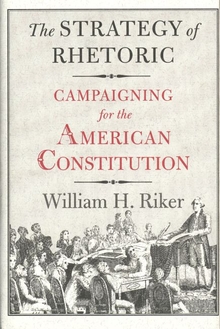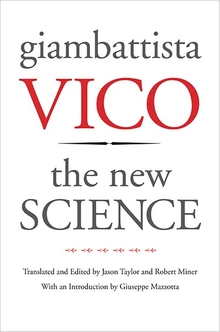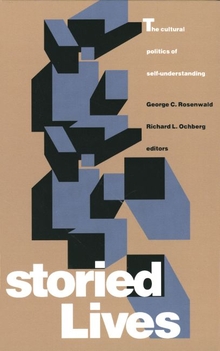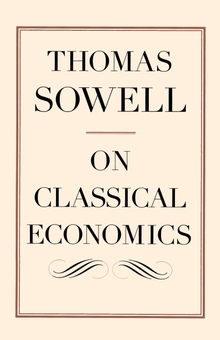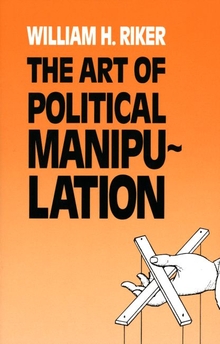The Strategy of Rhetoric
WARNING
You are viewing an older version of the Yalebooks website. Please visit out new website with more updated information and a better user experience: https://www.yalebooks.com
Campaigning for the American Constitution
William H. Riker
Riker examines the campaign's rhetoric and derives strategic principles that seem to guide campaigners. These principles explain, among other things, the frequent reliance on negative themes in campaigns. He also investigates what he calls "heresthetic"—how campaigners structured situations so that their preferred outcome was more likely to occur. He discusses several heresthetical maneuvers that made the Federalists' narrow victory possible, such as their proposal of a constitution that was broader than most citizens would have preferred, and their design of the ratification process as a take-it-or-leave-it proposition, so that they could prevent any ratifying state from altering it. Riker concludes by examining the relationship between rhetoric and heresthetic. He shows that both were necessary for the Federalist victory: rhetoric, to build support for Federalist positions, and heresthetic, to structure the choice process so that this level of support would be sufficient. His analysis yields a new understanding of the ratification campaign, and the tools and approaches he develops lead toward the further development of the science of political campaigns, of political rhetoric generally, and of the art and science of heresthetic.
"This is an important book for students of the ratification of the U.S. Constitution, as well as of political communication and campaign strategy. . . . Future studies will need to respond to Riker's analysis."—Philip Kronebusch, St. John's University, Minn., Perspectives on Political Science
"A fascinating reconstruction and retelling of the ratification process and an illuminating case study of political campaigning."—John Ferejohn, Stanford University
"This book is must reading for historians and political scientists interested in the Constitution and American politics and for general students of the social sciences and the humanities. It offers a brilliant primer on the possibilities and limits of rational choice theory."—Ronald Kahn, The Journal of American History
"Historians of early America will be grateful for the efforts of author and editors, because the book makes a major contribution to the analysis of constitutional ratification. "—Benjamin H. Newcomb, Historian
Publication Date: October 30, 1996

